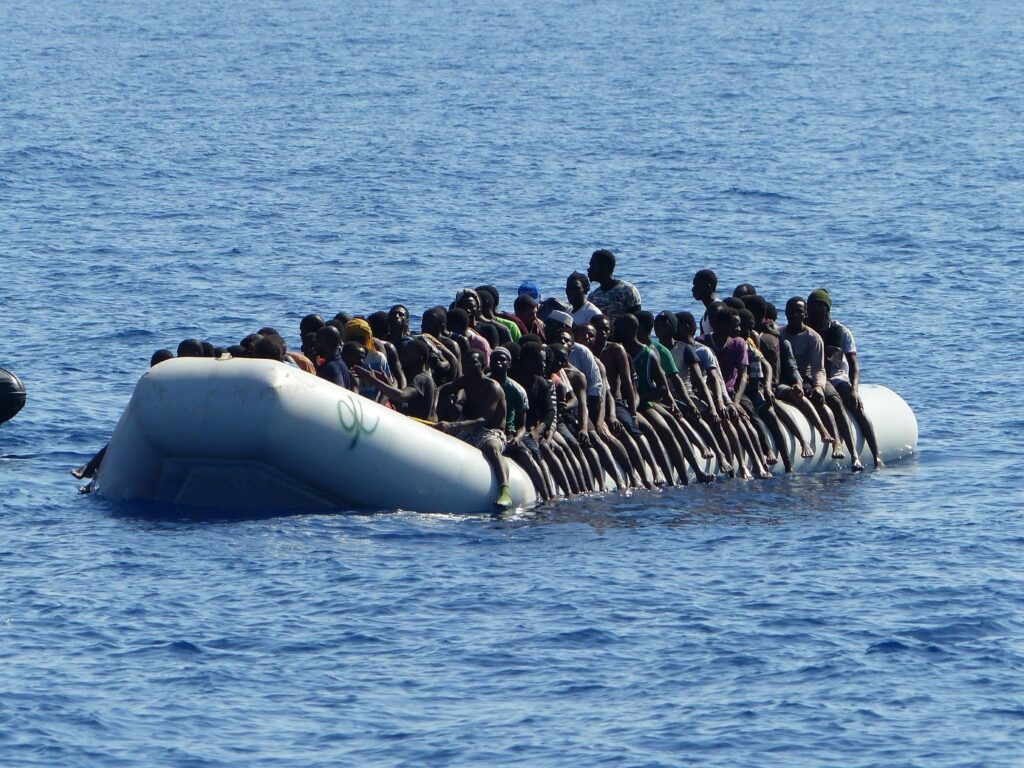The central question for determination is: Are economic refugees “entitled” to protection under the existing international refugee law? This is situated in the context of increasing numbers of people moving within and beyond Africa as a result of economic deprivation that is systemic and the product of coercive world order. The study includes case studies in Uganda and Eritrea.
The empirical claim in this study is that economic liberalisation has become a serious form of economic persecution which international law should take into consideration when assessing asylum claims. This is because the emergence of economic refugees is a direct result of globalisation, a phenomenon not anticipated by the 1951 Convention Relating to the Status of refugees. Economic refugees are thus labelled as undeserving and yet most refugees hail from countries where economic failure, political instability, poverty and persecution are indissolubly linked.The gap in literature is that the persecution index has not been raised to include the latent effects of economic liberalisation on refugee movements. The 1951 Convention and other human rights treaties are ‘living instruments whose interpreters must consider changes over time and present-day conditions’. This claim of legal innovation should therefore guide the discourse on the plight of economic refugees so as to guard against an ambiguity which suggest that some refugees are not worthy of surrogate protection. This foments exclusion and displacement of people in need.
